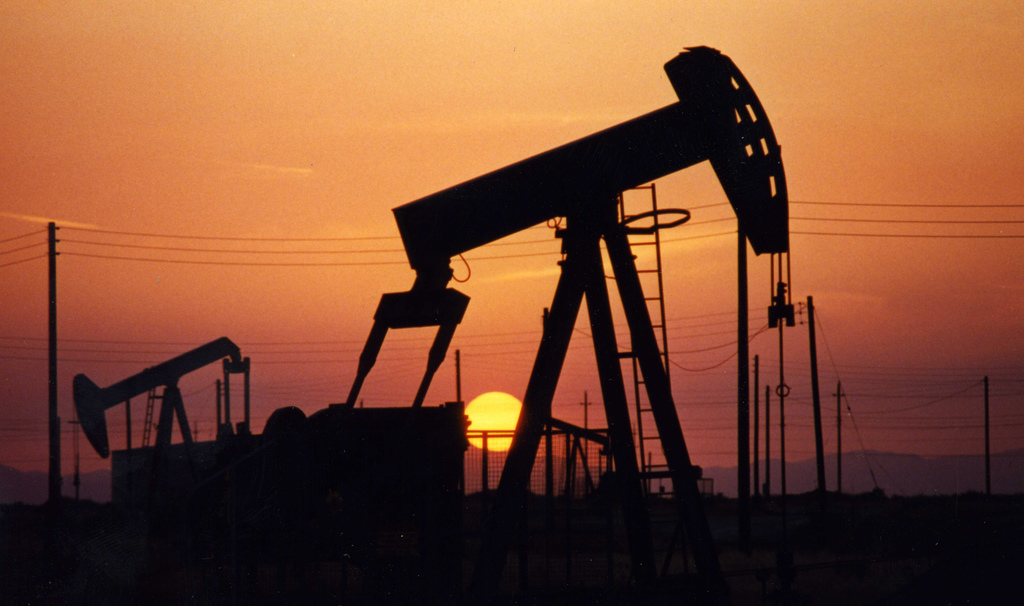I’m currently attending Ohio State University’s Moving Ahead 2010 conference, focused on transitioning to sustainable transportation. I’ll be moderating a panel tonight. I think it will be filmed — I’ll let you know, assuming it’s not a disaster.
I had an interesting experience this morning at a presentation by Robert Hirsch (oil industry vet, now a consultant, author of famed Hirsch Report) on peak oil. It was pretty familiar stuff to anyone who’s followed the issue: oil production is going to head into inexorable decline in the next few years, oil prices will spike, electrification won’t be fast enough to replace liquid fuels, and the only near-term options are coal-to-liquids, tar sands, and to a lesser extent, efficiency.
Afterwards I asked him about climate change, which he hadn’t mentioned in his presentation. I noted that all his short-term mitigation options involve increasing CO2 emissions, despite the fact that scientists are recommending U.S. emissions fall to effectively zero by 2050.
He said, basically, that people and their suffering matter more to him than the climate.
I followed up by noting that droughts, severe storms, loss of freshwater supplies, declining agricultural output, and disease migration do, in fact, impact people and create suffering (what with the climate containing so many humans).
He said, and I quote: “Don’t believe everything you read.”
He went on to grumble vaguely about energy projections in the IPCC and the difficulty of climate modeling. “These are very complex topics,” he helpfully instructed me, and “there’s a lot of crap out there.” It was vintage DFH-bashing.
To me this reinforces something I’ve noticed before: the peak-oil crowd seems to have something like suspicion verging on contempt for climate-change scientists and campaigners. The real hardcore peak oilers, like Hirsch and Matt Simmons and Richard Heinberg, focus their attention on short-term liquid fuel options, however dirty they may be, for the reasons Hirsch articulated: They’re worried about the suffering that will ensue from oil decline. They seem to view climate change as abstract and distant relative to oil shortages.
The climate crowd, meanwhile, more or less ignores peak oil. That’s true culturally, but it’s also true in more concrete ways: models like the IPCC’s and others project increasing fossil-fuel consumption in perpetuity, ignoring the physical shortages the peak oilers shout about.
I don’t have any tidy conclusions here. I just find the sociocultural (and academic) interaction between peak oilers and climate types fascinating. You’d think it would be a natural alliance, but in practice it seems to tend more toward mutual disinterest or even hostility. What’s up with that?



